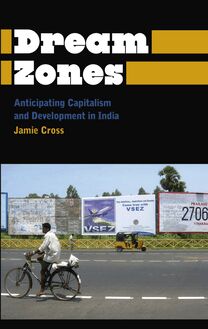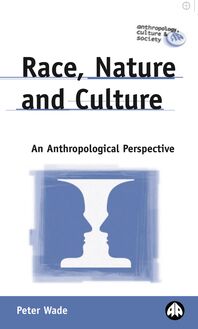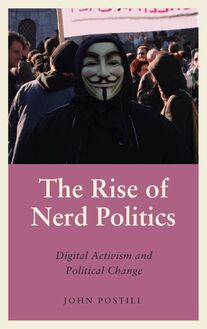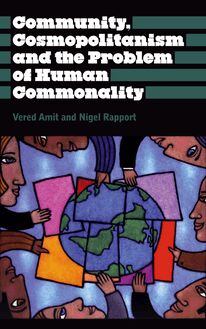Risk Revisited , livre ebook
270
pages
English
Ebooks
2000
Obtenez un accès à la bibliothèque pour le consulter en ligne En savoir plus
Découvre YouScribe en t'inscrivant gratuitement
Découvre YouScribe en t'inscrivant gratuitement
270
pages
English
Ebooks
2000
Obtenez un accès à la bibliothèque pour le consulter en ligne En savoir plus
Publié par
Date de parution
20 février 2000
Nombre de lectures
0
EAN13
9781849640473
Langue
English
Poids de l'ouvrage
1 Mo
They argue that perceptions of danger, and sources of anxiety, are far more socially and culturally constructed - and far more contingent - than risk theorists generally admit. Topics covered include prostitutes in London; AIDS in Tanzania; the cease-fire in Northern Ireland; the volcanic eruptions in Montserrat; modernisation in Amazonia; and the BSE scare in Britain.
1. Introduction: Risk Revisited by Pat Caplan
2. The Politics of Risk among London Prostitutes by Sophie Day
3. Risk and Trust: Unsafe Sex, Gender and AIDS in Tanzania by Janet Bujra
4. Conflicting Models of Risk: Clinical Genetics and British Pakistanis by Alison Shaw
5. Risk-talk: the Politics of Risk and its Representation by Penny Vera-Sanso
6. A Risky Cease-fire: British Infantry Soldiers and Northern Ireland by Paul Killworth
7. The Eruption of Chances Peak: Montserrat, and the Narrative Containment of Risk by Jonathan Skinner
8. 'Eating British Beef with Confidence': A Consideration of Consumers' Responses to BSE in Britain by Pat Caplan
9. Risk, ambiguity and the loss of control: how people with chronic illness experience complex biomedical causal models by Simon Cohn
10. Good Risk, Bad risk: Reflexive Modernisation and Amazonia by Stephen Nugent
Contributors
Index
Publié par
Date de parution
20 février 2000
Nombre de lectures
0
EAN13
9781849640473
Langue
English
Poids de l'ouvrage
1 Mo














